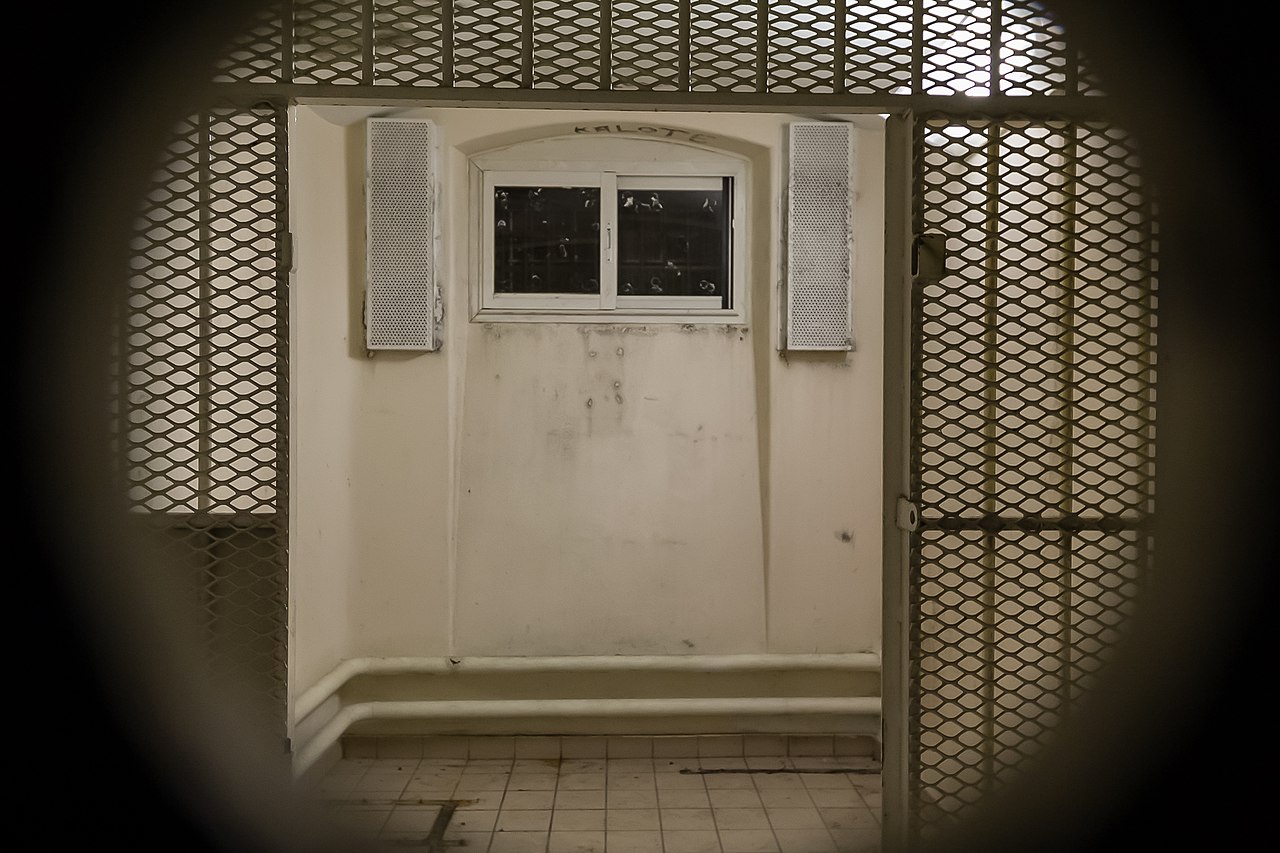by: Adam Roberts
The increasing number of suicides among detainees in New York City jails has brought greater scrutiny to the city’s continued use of solitary confinement. Most notably, in 2015 Kalief Browder killed himself after spending years in solitary confinement in Rikers, despite having charges dropped against him. While his death spurred the city’s decision to close Rikers, solitary confinement has remained in use.
Under the de Blasio administration, solitary confinement was increasingly limited as a practice. However, Mayor Adams has made clear that bringing back the use of solitary confinement is a priority. Despite rejection by the federal monitor overseeing the city’s usage of solitary confinement at Rikers Island, the practice has continued in a more discreet way. In response to this, the New York City Council is moving forward with a bill, Int. 549-2022, to ban solitary confinement in city jails.
Criminal justice reform advocates argue that solitary confinement should be banned because it severely harms the mental health of detainees. This is particularly notable given that over half of detainees in NYC jails suffer from mental health issues. However, the Correction Officers’ Benevolent Association claims that solitary confinement is critical for the safety of its members and other detainees.
Architects have long known that solitary confinement is both a violation of human rights and ineffective at stopping violence. In NYC, spaces for solitary confinement are small windowless rooms or cages. They are specifically designed this way as a form of punishment. By placing mentally ill detainees in spaces designed to further exacerbate their mental illness, solitary confinement increases violence.
AIA New York has long held that the city’s justice facilities are poorly designed, and AIA National has come out against the design of spaces for solitary confinement. Continuing this advocacy, our chapter will be testifying in support of Int. 549-2022 at a City Council hearing on September 23. We encourage members to testify as well.








